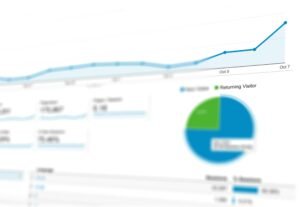Summary
- When creating content, always link to authoritative websites as resources for your readers. This is important, especially when referencing data, to clearly show the source of your information.
- Conduct experiments like Reboot's study where they tested pages with outbound authority links against control pages. Such tests can reveal the effectiveness of linking to authoritative sources, as evidenced by the pages with outbound links performing better.
- Engage Google's natural language processing algorithm by crafting clear answers. Echo back the question, use "is" to lead into your response, and provide a straightforward answer.
- In your writing, especially in sections like metadata, use simple definitions. For example, "metadata is just a fancy term for the title" to ensure that your answers are unmistakably clear to both readers and search engines.
Video
How To Take Action
I would suggest starting by linking to authoritative websites whenever you mention data or facts in your content. This helps readers trust your information and can improve your credibility. You can easily find authoritative sites by searching for well-known organizations or experts in your field.
A good way of appreciating the impact of outbound links is to run a small experiment like Reboot's study. Create two sets of web pages, one with outbound links to authoritative sources and one without. Monitor how each set performs in terms of user engagement. This will help you see if linking out really boosts performance.
You can also engage more effectively with search engines by crafting your content to align with their natural language processing. When you write, try echoing the question before giving the answer. Start your answer with "is" for clarity. For example, if the question is “What is a blog?”, you could say, “A blog is a type of website where entries are usually displayed in reverse chronological order.”
Lastly, use simple language in your writing, especially in technical areas like metadata. You might define metadata as "just a fancy term for the title," making it clear and understandable for everyone. This approach makes your content more accessible and potentially more attractive to search engines like Google. These steps are cost-effective and don't take much time, making them perfect for your growth journey.
Full Transcript
in your content make sure to link out to other authorative websites as a resource for your readers especially if you're referencing data you want to be able to say where you got that data from reboot ran a study where they added outbound Authority links to an experimental group of test pages and compared them to a control group a well-designed single variable test as you can see the pages in blue with the outbound links outperform the orange control right in a way that Google's natural language processing NLP algorithm loves your content here's how you do it Echo back the question then add the word is and then give your answer in my SEO crash course article in the section on metadata I write metadata is just a fancy term for the title and blah blah blah when you provide answers like this Google cannot mistake that you provided a clear answer to the question thanks for watching and remember to subscribe for more videos just like this one




